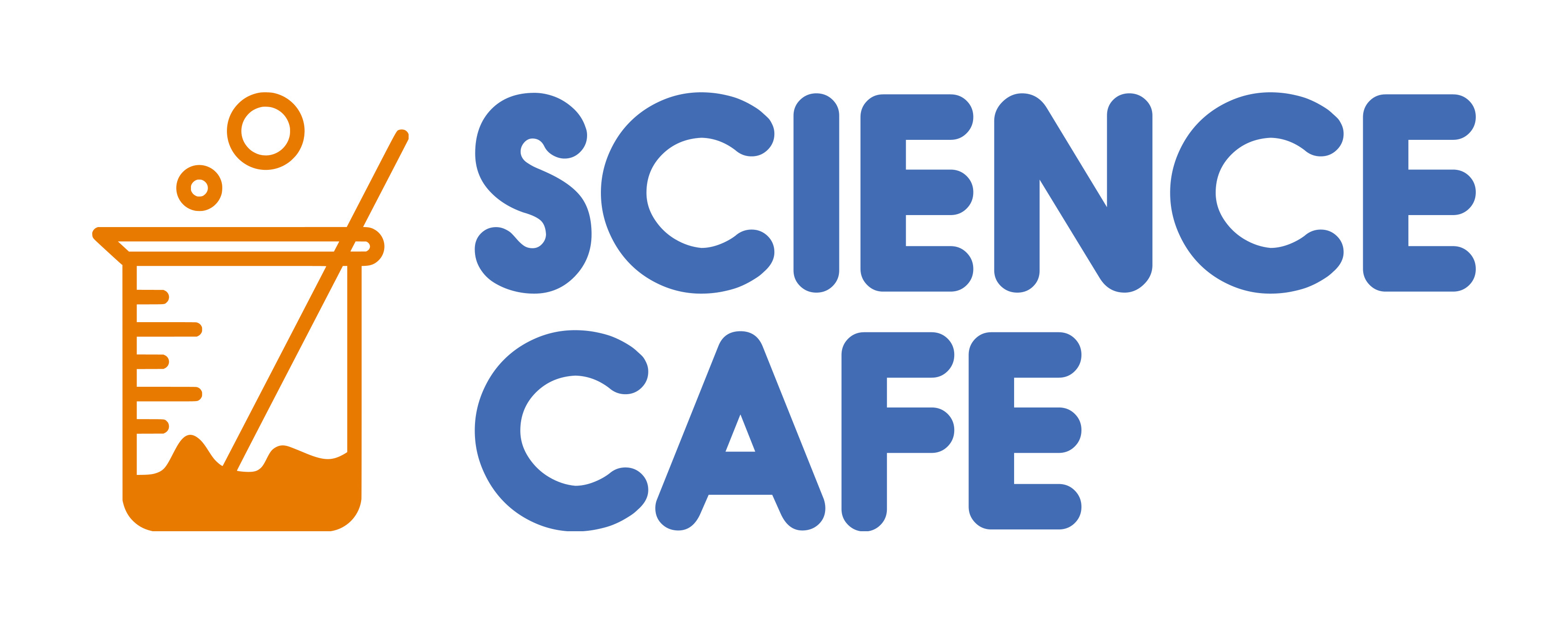Retrieval Practice
Unlocking the Power of Retrieval Practice for Better Learning
Introduction:
Retrieval practice is an evidence-based learning strategy that is transforming the way we approach education and personal growth. At its core, retrieval practice involves recalling information from memory, which strengthens your ability to remember and apply that information in the future.
Unlike passive study methods, such as re-reading or highlighting, retrieval practice actively engages the brain, making learning more effective and durable.

With that said, here are key reasons why you should start using retrieval practice and be revising often! 👊
What Is Retrieval Practice?
Retrieval practice isn’t just about testing; it’s about practicing the act of remembering. This can be done through activities like:
Answering questions from memory.
Using flashcards to test yourself.
Writing down everything you remember about a topic.
Teaching someone else what you’ve learned.
The key is that you actively pull information from your brain, rather than passively reviewing it. This mental effort strengthens neural connections, making the information more accessible in the future.
Why Does Retrieval Practice Work?
Retrieval practice works because it taps into how our memory systems function. Here’s why it’s so effective:
Strengthening Memory Pathways – Every time you retrieve information, you reinforce the neural pathways associated with that knowledge, making it easier to recall later.
Identifying Gaps in Knowledge – Retrieval helps highlight what you know well and what needs more attention, allowing you to focus your study efforts efficiently.
Reducing Forgetting – By revisiting information at spaced intervals (a technique known as spaced retrieval practice), you combat the natural process of forgetting.
Enhancing Learning Transfer – Retrieval practice helps you apply knowledge in new contexts, improving critical thinking and problem-solving skills.
Practical Ways to Incorporate Retrieval Practice
Here’s how you can incorporate retrieval practice into your study or teaching routines:
Low-Stakes Quizzing – Use quizzes that encourage recall without the pressure of grades. These can be self-administered or part of a classroom strategy.
Flashcards with a Twist – Instead of just flipping cards, try explaining why the answer is correct or connecting it to related information.
Brain Dumps – At the end of a study session, write down everything you remember about the topic. Then check your notes to see what you missed.
Teach Someone Else – Explaining concepts to another person is a powerful way to solidify your understanding and identify areas for improvement.
Use Spaced Repetition Tools – Apps like Anki or Quizlet can help you schedule reviews of material at optimal intervals, maximizing long-term retention.
For Teachers and Trainers
If you’re in a teaching role, retrieval practice can transform your classroom. Some ideas include:
Incorporating daily or weekly review questions.
Using exit tickets where students write down key takeaways at the end of a lesson.
Encouraging group discussions where students recall and share what they’ve learned.
Retrieval Practice on Educafe
To help you make the most of retrieval practice, we’ve added quizzes to each topic on Educafe! These quizzes are designed to reinforce your learning by actively engaging your memory.
By testing yourself regularly, you’ll strengthen your understanding, retain information longer, and gain confidence in applying your knowledge.
Check them out and make retrieval practice a key part of your learning journey!
The Science Behind It
Research supports the profound benefits of retrieval practice. Studies show that students who use retrieval methods perform better on exams, retain information longer, and feel more confident in their knowledge.
This strategy aligns with cognitive psychology principles, demonstrating that learning is not just about exposure but active engagement.
Final Thoughts
Retrieval practice is a game-changer for anyone looking to improve their learning outcomes. Whether you're a student, teacher, or lifelong learner, incorporating this technique can help you retain knowledge, think critically, and achieve your goals.
The best part? It’s a simple, low-tech approach that anyone can use. So, the next time you sit down to learn, challenge yourself to retrieve—your brain will thank you!
Other resources to help you get started with retrieval practice
Retrieval Practice Checklist
🔁 Before the Session
I have a specific topic or concept to review (not just "Science" or "Biology").
I’m NOT looking at my notes or textbook while answering questions.
I’ve set a timer (5–30 minutes depending on the session length).
I’ve chosen a method of retrieval (see below).
🧠 During the Session
I’m actively trying to remember facts, processes, or explanations.
I’m writing, saying, or drawing answers from memory (not copying).
I’m checking my answers against notes or mark schemes after retrieval.
I’m correcting any mistakes and noting what I forgot or got wrong.
✅ Retrieval Methods Used (tick all that apply)
Flashcards (self-made or digital, e.g., Quizlet or Anki)
Brain dump (write down everything I know on a blank sheet)
Practice questions (from a book, past paper, or quiz)
Multiple choice quizzes
Teaching someone else (real or imaginary)
Drawing diagrams from memory (e.g., cells, circuits)
Blurting (quickfire writing of everything remembered)
🔍 After the Session
I reviewed what I got wrong or missed.
I used a different colour to add missing information or correct mistakes.
I updated flashcards or notes based on this session.
I planned when to revisit this topic again (spaced practice!).



